In an age where misinformation spreads faster than facts, healthcare and pharmaceutical brands face a unique challenge: how to show up on social media with authority, authenticity and without falling foul of evolving regulations.
From AI-generated deepfakes to the rise of microdosing weight-loss jabs and counterfeit medications sold via DMs, the social landscape is shifting fast. Here’s what pharma marketers need to know, and how to stay ahead.
1. Deepfake Doctors & Health Scams Are On the Rise
Recently, social media platforms have been flooded with AI-generated deepfake videos impersonating trusted health figures like Dr. Michael Mosley. These videos falsely promote supplements such as ashwagandha gummies, posing as legitimate health advice.
According to an article in The Times, the videos were so convincing that many users believed them to be genuine, exposing a growing problem where AI is used to mislead users about health products.
Why this matters for marketers:
Misinformation can erode trust in real experts and brands.
The UK’s Online Safety Act means platforms and advertisers will be held to higher standards for removing harmful or misleading content.
Consumers expect brands to take a stand, and take action, against false health claims.
Tip: Use verified creators, medical professionals, and disclaimers. And never assume your audience can tell what’s real.
2. The Microdosing Trend: Weight-Loss Jabs Go Viral (Again)
With celebrity and influencer promotion rife, GLP-1 injections (like Ozempic, Wegovy, and Mounjaro) are once again trending on TikTok and Instagram, but this time, it’s the microdosing of these medications that’s taking off.
As reported by The Guardian, UK users are mimicking a U.S. trend where smaller, more frequent doses are promoted as a cheaper or ‘gentler’ route to weight loss, even when prescribed off-label.
These posts often blur the line between lifestyle content and medical advice, and regulators are watching closely.
Warning for brands and agencies: If you’re working with influencers, be crystal clear about rules on medical advertising, especially around prescription drugs.
3. Counterfeit “Faux-zempic” Drugs Are Being Sold on Social
A more dangerous offshoot of the above trend is the rise of counterfeit GLP‑1 medications being sold directly through social platforms or WhatsApp groups.
One report from The Scottish Sun highlights stories of users nearly dying after unknowingly injecting fake products containing harmful substances.
The appeal? Lower prices and instant access, but the risks are massive.
Tip for social teams: Help clients educate audiences about the risks of unverified medications and how to spot scams. Educational campaigns build trust and show responsibility.
4. ASA Crackdown on Weight-Loss Adverts
The Advertising Standards Authority (ASA) is also tightening its grip. In July 2025, the ASA banned online pharmacies from promoting GLP-1 weight-loss injections with product imagery or language like “slimming pens” or “weight-loss treatments.”
According to The Guardian, new AI-driven monitoring tools helped detect thousands of non-compliant ads across Instagram and TikTok.
This signals a turning point: regulators are not waiting for complaints, they’re proactively hunting violations.
Avoid this trap: Ensure all creative assets and captions meet ASA and MHRA guidelines. When in doubt, consult a compliance expert or work with an agency that knows the landscape.
5. Gen Z Wants to Work in Health – But Not Through Boring Content
It’s not all doom and dupe drugs. There’s opportunity, too.
New research shows Gen Z is increasingly interested in health and pharma careers, and they’re turning to TikTok, Instagram, and YouTube for guidance, not traditional job boards.
As shared at the Pharma Social Conference and in eMarketer’s UK Gen Z report, young people prefer “day-in-the-life” content from real employees over polished corporate speak.
Tip for pharma brands: Use authentic, behind-the-scenes content to attract talent, boost employer branding, and humanise your work.
6. The Bottom Line: Trust is the New Clickthrough
UK consumers are more discerning than ever. According to Sprout Social’s UK trends report, 93% of users say authenticity matters more than trendy content, and 68% want to see brands call out misinformation when they see it.
That means:
Social listening isn’t optional, it’s essential.
Human-led, compliant storytelling beats algorithm-chasing virality.
Brands that show up with clarity and care will win long-term loyalty.
Final Thoughts
In 2025, being “active on social” isn’t enough, being responsible on social is the real differentiator.
At WeDoSocial, we help healthcare and pharma brands navigate this complex space with strategic content, real-world compliance, and a deep understanding of what audiences actually want to see.
Want help launching safer, smarter social campaigns?
Get in touch!





